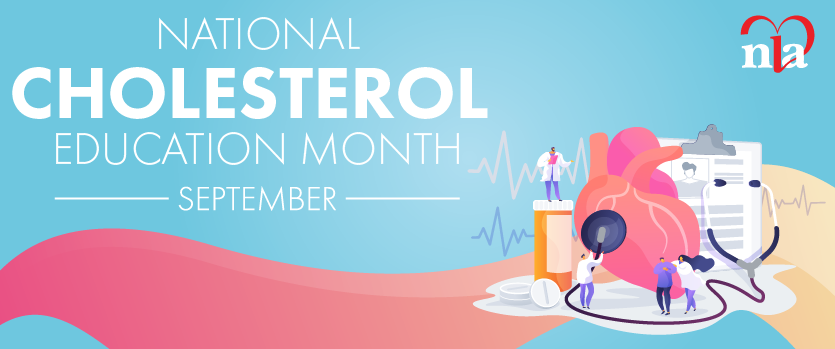FOURIER Trial Reveals Significant Reduction in Cardiovascular Risk
Study results indicate that evolocumab significantly reduces the risk of cardiovascular events in patients with clinically evident ASCVD
Registration Open for the NLA Scientific Sessions Register for the National Lipid Association’s annual Scientific Sessions May 18–21, 2017, at the Philadelphia Marriott Downtown. Don’t miss featured sessions on: Genetic Scoring and Cardiovascular Risk, Treatment and Developing Therapies in FH, PCSK9 Outcomes Studies, and many more.
Article By:
Sonja Connor, MS, RDN, LN, began her journey with the National Lipid Association in the summer of 2009 and served on the Pacific Lipid Board from 2009–2010. When Sonja found out she was selected for the member spotlight she was elated and provided a very detailed glimpse into her life. Sonja’s contributions are geared to the advancement of lifestyle changes as her prime focus to combat coronary disease.
Article By:
Although we are thousands of miles away from the National Lipid Association (NLA) headquarters and our time zone seems out of sync with scheduled committee meetings and conference calls, we appreciate the importance of working with and contributing to the NLA and strengthening not only our chapter, but the organization as a whole.
Article By:
A colleague recently asked us to comment on an interesting case. The patient was a 68-year-old woman hospitalized for abdominal pain and new-onset atrial fibrillation. She had a medical history significant for longstanding hypertension and non-obstructive coronary artery disease (CAD) by angiography one year prior to admission. Her home medications included simvastatin 20 mg daily and omeprazole 40 mg daily for dyspepsia.
Article By:
On April 18, 2016, the FDA announced retraction of prior approvals related to the combination of a statin with fenofibrate.1 This decision was prompted by the results of the ACCORD Lipid Trial, which failed to show reduction in cardiovascular events in diabetics when fenofibrate was routinely added to a statin.2 The question now is whether this failure applies to all patients or might there be a group that does benefit from a fibrate-statin combination?
Article By:
Introduction
Article By:
Article By:
Are you interested in preventive care? How about lifestyle focus, medical management, multi-specialty collaboration, an evidence-based approach, genetics and the related usage of technology? Then being credentialed as a clinical lipid specialist (CLS) should be in your future.
Article By:
Medical literature is replete with the use of more complex statistics these days, and many of our practice guidelines require more and more rigorously conducted studies with sophisticated statistics to be considered. It is important that clinical lipid specialists and others in the field of preventive cardiology understand and be wary of some key issues in the interpretation of different studies.





.jpg)
.png)



















